The beauty industry is on the brink of a sustainable revolution, and plant milking is leading the charge. This innovative cultivation method not only promises to enhance the efficiency of resource use but also caters to the increasingly eco-conscious consumer. By extracting active ingredients directly from the roots via aeroponic cultivation, plant milking offers a non-destructive and highly sustainable alternative to traditional ingredient sourcing.
Table of Contents
● What is plant milking?
● Benefits of plant milking in beauty
● The protopian beauty consumer
● Traceability and consumer trust
● The future of sustainable beauty practices
What is plant milking?
Plant milking represents a cutting-edge approach in the agricultural and beauty sectors, utilizing aeroponic cultivation techniques to harvest vital active ingredients directly from plant roots. This method eschews traditional soil-based cultivation, leveraging air or mist environments to nurture plants. This not only ensures a purer extraction of beneficial compounds but also drastically reduces the contamination risks often associated with soil pathogens.
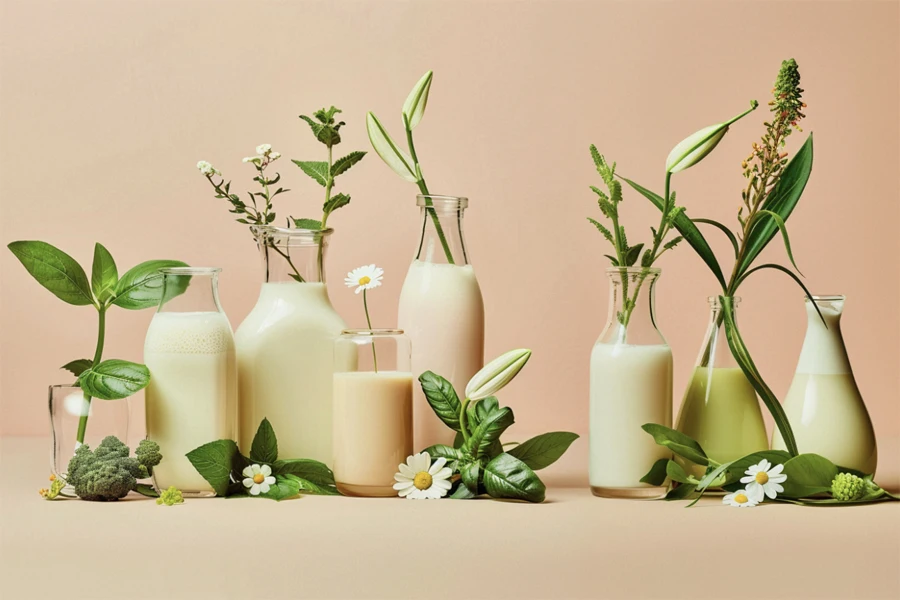
By focusing on the roots, companies can continuously extract key ingredients without harming the plant, allowing for sustained production cycles. Aeroponic systems are highly efficient, using up to 90% less water than conventional farming methods, making plant milking an exemplary model of sustainable agricultural practice that meets the stringent demands of modern beauty production.
Benefits of plant milking in beauty
Adopting plant milking in the beauty industry offers multifaceted benefits. Environmentally, it significantly reduces the footprint of cosmetic production by minimizing land use and water consumption. Economically, it provides a high yield of potent ingredients, ensuring cost-effectiveness and reducing waste.
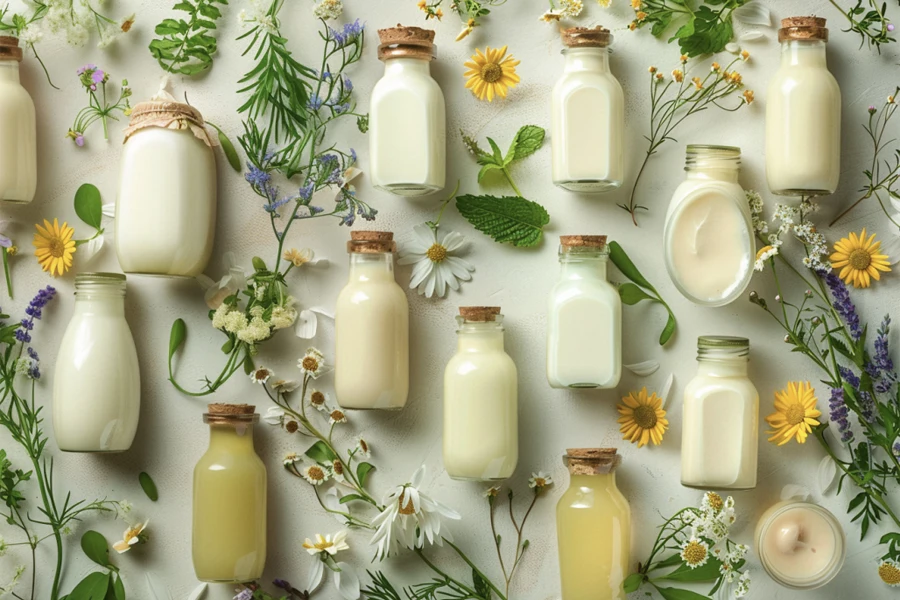
For beauty brands, this means being able to promise and deliver high-quality, eco-friendly products that are both effective and sustainable. The process is non-destructive, allowing the same plants to be ‘milked’ multiple times throughout the year, which ensures a consistent supply of ingredients. Such practices not only help conserve biodiversity but also align with global trends towards sustainability, making them attractive to investors and consumers alike who are increasingly drawn to environmentally responsible companies.
The protopine beauty consumer
The term ‘Protopian’ refers to consumers who advocate for progressive, sustainable solutions that anticipate future needs. These consumers are not just passive purchasers but active participants in the ecological impact of their consumption habits. They prefer products that are transparent about their origins and environmental impact, aligning with their values of sustainability and ethical responsibility.
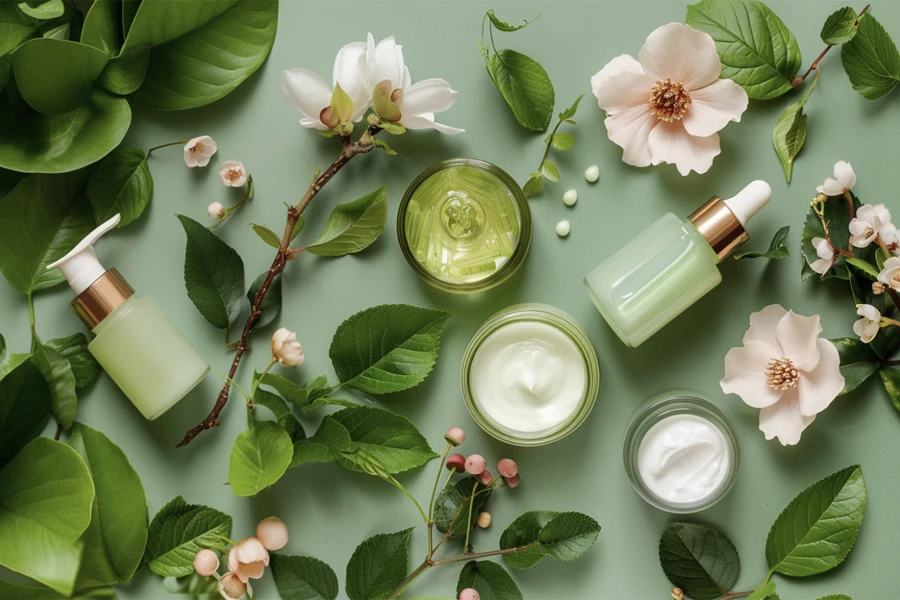
Plant milking caters perfectly to this demographic by providing a clear, sustainable narrative—from the innovative extraction process to the final product. These consumers are likely to support brands that adopt plant milking, as it represents a forward-thinking approach to beauty that respects planetary boundaries and addresses the growing scarcity of natural resources.
Traceability and consumer trust
In today’s market, transparency is not just a luxury; it’s a necessity. Plant milking enhances product traceability, allowing consumers to verify the origin and pathway of the ingredients used in their beauty products. This 100% traceability supports consumer trust and loyalty, as it provides them with the assurance that the products they purchase are ethically sourced and sustainably produced.
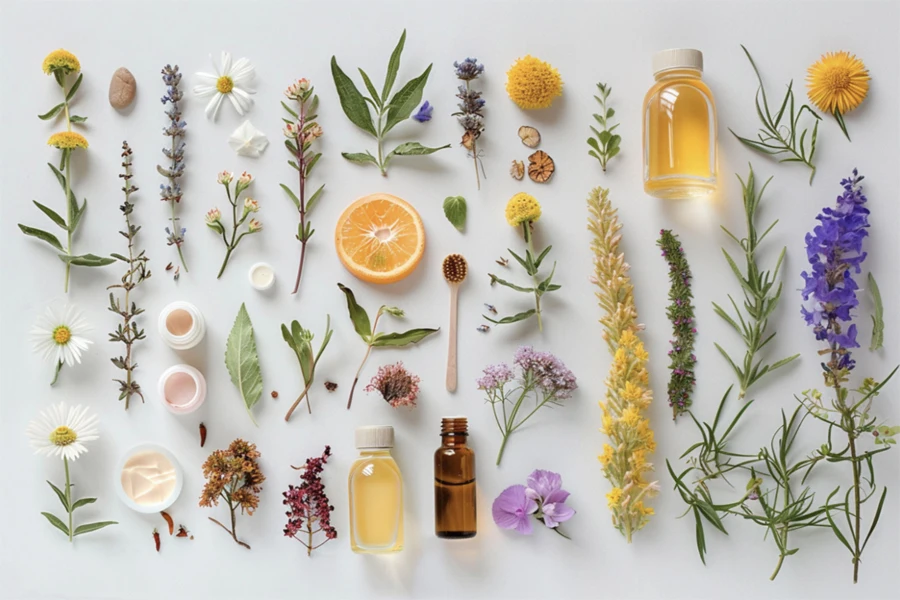
Moreover, this transparency aids in educating consumers about the importance of sustainable practices, potentially influencing their future purchasing decisions. By providing detailed information about the sourcing and production processes, brands can differentiate themselves in a crowded market, attracting those who prioritize environmental consciousness in their beauty routines.
The future of sustainable beauty practices
As the global beauty industry pivots towards more sustainable practices, technologies like plant milking are at the forefront of this transformation. The method’s ability to efficiently use resources and reduce waste positions it as a future standard for cosmetic ingredient sourcing. Furthermore, as regulatory bodies increase their scrutiny of cosmetic production practices, plant milking offers a compliant, environmentally friendly solution.
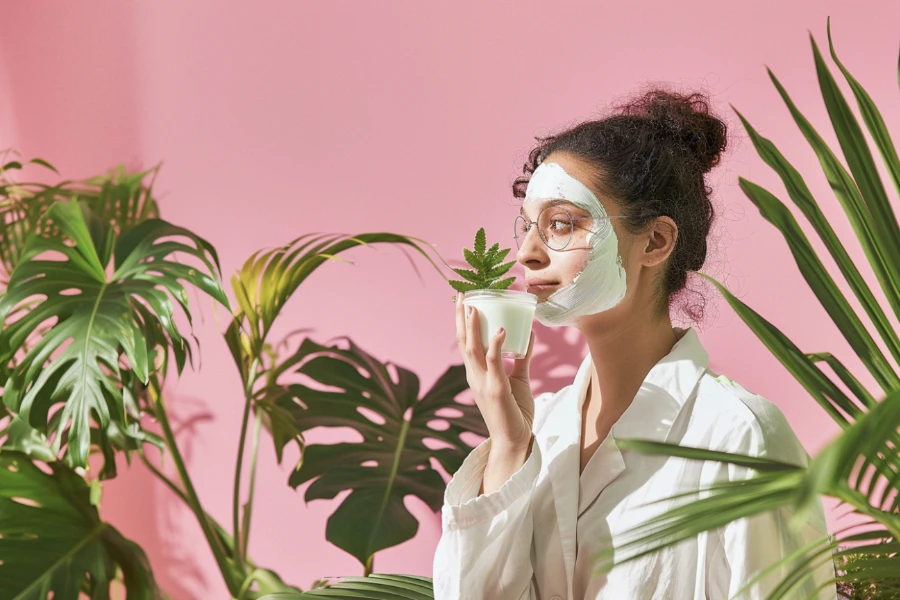
Looking ahead, the adoption of such technologies will likely expand beyond niche, environmentally conscious brands to become a mainstream practice in beauty manufacturing. This shift will not only help mitigate the environmental impact of the industry but also cater to the growing consumer demand for sustainable and ethically produced goods, setting new benchmarks for innovation and responsibility in beauty.
Conclusion
As we navigate through an era of environmental consciousness and technological advancement, plant milking stands out as a beacon for the future of sustainable beauty practices. By harnessing the power of aeroponic technology to extract vital ingredients directly from plant roots, this method not only conserves natural resources but also aligns with the ethical expectations of the modern consumer. The traceability offered by plant milking fosters a deeper connection between consumers and their products, enhancing trust and loyalty towards brands that prioritize transparency and sustainability. As the beauty industry continues to evolve, embracing innovative practices like plant milking will be crucial in maintaining ecological balance while meeting consumer demand for high-quality, sustainable products. The integration of plant milking into mainstream production processes exemplifies a shift towards more responsible beauty practices, promising a greener, more sustainable future for the entire industry.




